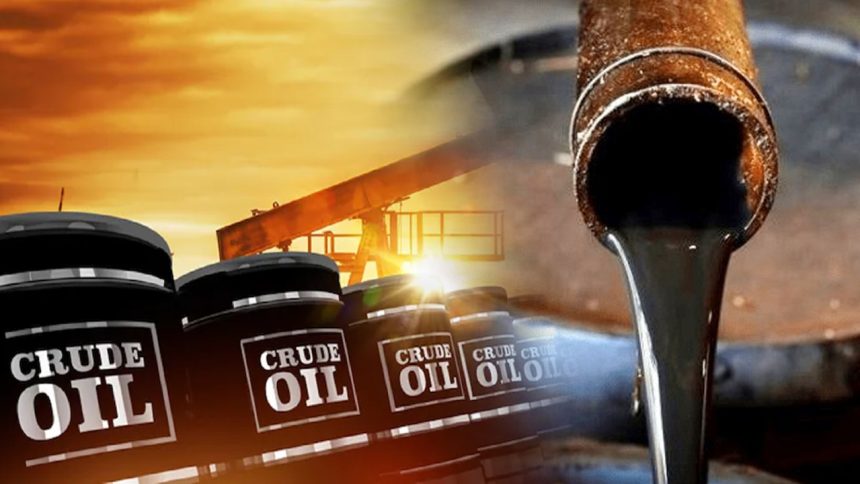
UPDATED: FG MEETS DANGOTE OFFICIALS, ORDERS FULL IMPLEMENTATION OF NAIRA-FOR-CRUDE DEAL

The Federal Government says its naira-for-crude initiative with local refineries is not a temporary measure but a “key policy directive designed to support sustainable local refining”.
The government also said the initiative is still in effect and will continue immediately, overruling the decision of the NNPCL under its former boss Mele Kyari which tenured the initiative.
The Minister of Finance Wale Edun at a meeting with representatives of the Dangote Refinery on Tuesday said the naira-for-crude is still in effect.
In a post on its official X handle on Wednesday, the Ministry of Finance said the Technical Sub-Committee on the Crude and Refined Product Sales in Naira initiative met on Tuesday to review progress and address ongoing implementation matters.
The meeting was attended by Edun, the Chairman of the Implementation Committee; the Chairman of the Technical Sub-Committee and Chairman of the Federal Inland Revenue Service (FIRS), Zacch Adedeji; the Chief Financial Officer of NNPCL, Dapo Segun; the Coordinator of NNPC Refineries; Management of NNPC Trading; representatives of Dangote Petroleum Refinery and Petrochemicals.
Others at the meeting include senior officials from the Nigerian Upstream Petroleum Regulatory Commission (NUPRC), the Nigerian Midstream and Downstream Petroleum Regulatory Authority (NMDPRA), the Central Bank of Nigeria (CBN), the Nigerian Ports Authority (NPA), representative of Afreximbank, as well as the Secretary of the Committee, Hauwa Ibrahim.
“The stakeholders reaffirmed the government’s continued commitment to the full implementation of this strategic initiative, as directed by the Federal Executive Council (FEC).
“Thus, the Crude and Refined Product Sales in Naira initiative is not a temporary or time-bound intervention, but a key policy directive designed to support sustainable local refining, bolster energy security, and reduce reliance on foreign exchange in the domestic petroleum market.
“As with any major policy shift, the Committee acknowledges that implementation challenges may arise from time to time. However, such issues are being actively addressed through coordinated efforts among all parties.
“The initiative remains in effect and will continue for as long as it aligns with the public interest and supports national economic objectives,” the statement read.
Back Story
As part of moves to reduce the strain on the US dollars and guarantee price stability of petroleum products, the Federal Executive Council (FEC) in July 2024 directed the NNPCL to sell crude oil to Dangote Refinery and other local refineries in naira and not in United States’ greenback.
However, in March 2025, the Nigerian National Petroleum Company Limited (NNPCL) said its Naira-denominated crude sales agreement with the Dangote Refinery was structured for six months, with March 2025 as the expiration date.
Subsequently, the $20bn Dangote Refinery temporarily halted the sale of petroleum products in Naira. “This decision is necessary to avoid a mismatch between our sales proceeds and our crude oil purchase obligations, which are currently denominated in US dollars,” the company had said.
Immediately, the pump price of petrol jumped from around ₦860 to about ₦1,000, making consumers pay at least ₦70 more than what it used to cost them to buy a litre of the premium commodity days earlier.
The refinery, however, said would resume the sale of its product to the local market in Naira as soon as it received crude cargoes from the NNPCL in Naira.
Days later, President Bola Tinubu fired Kyari and the entire NNPCL Board. In their stead, the president appointed a new 11-man board with Bashir Ojulari as the Group chief executive officer and Ahmadu Kida as non-executive chairman.
The resumption of Naira-denominated crude sales, experts believe, would reduce the strain on the US dollar and guarantee the price stability of petroleum products.
Nigerians are expected to experience some relief from high, dollar-denominated imported fuel with the resumption of the naira-for-crude initiative.
